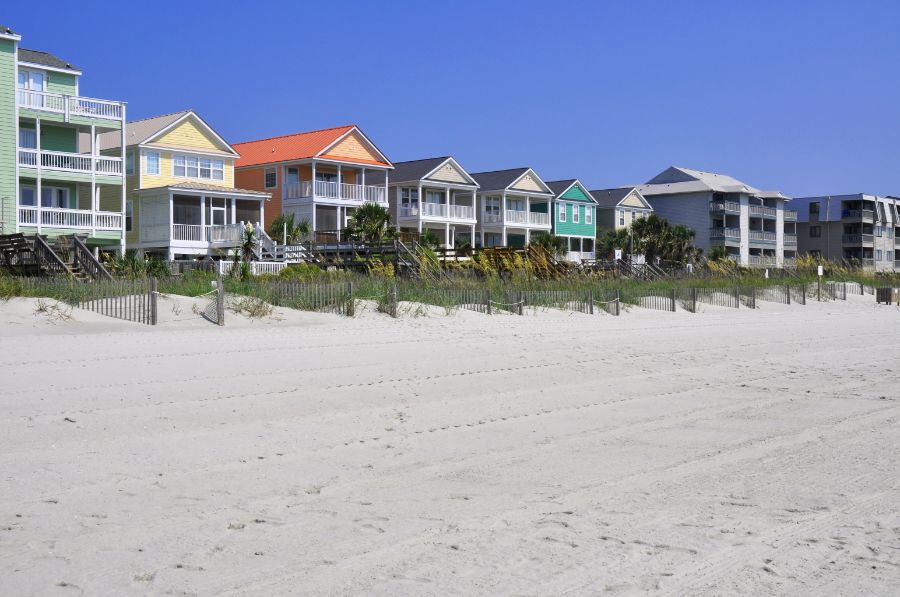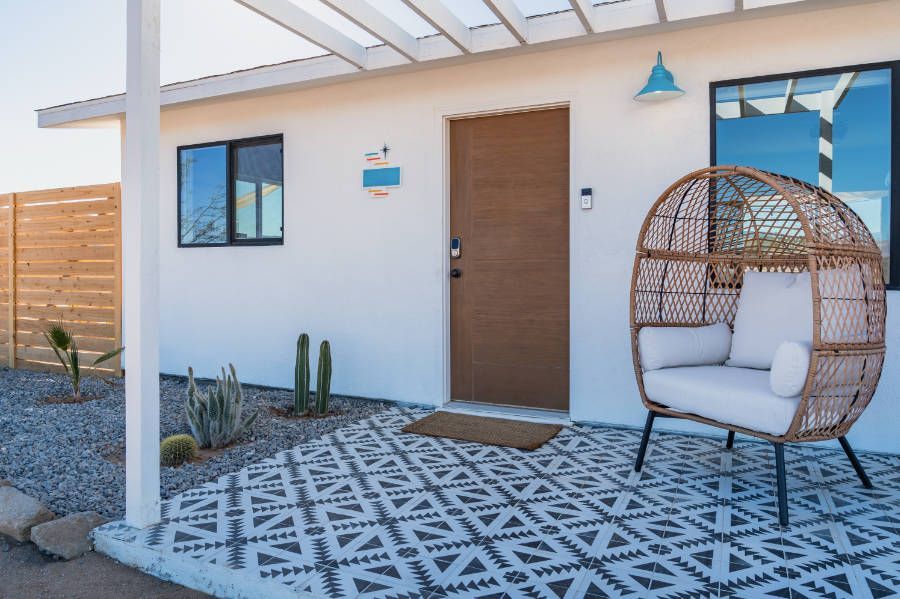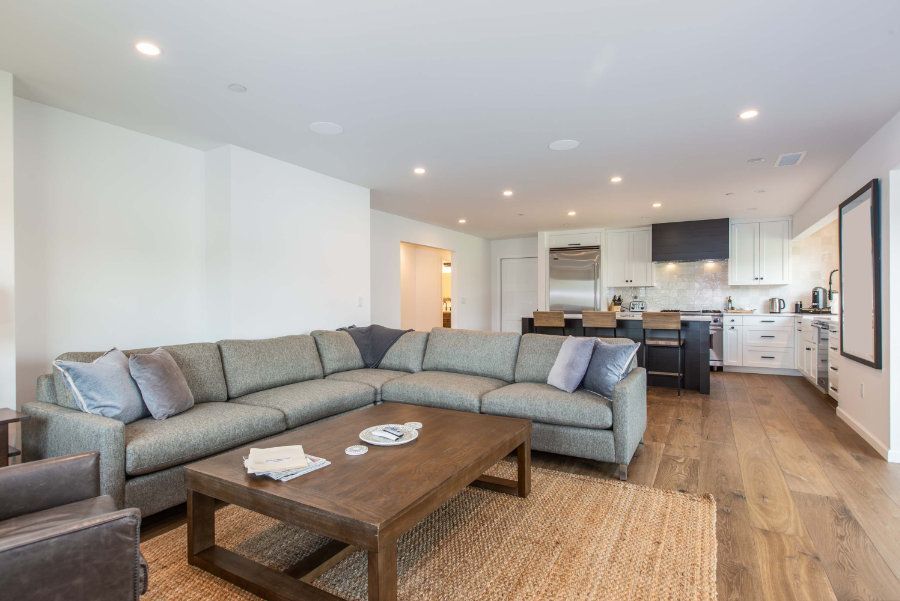5 Unique Challenges for Beach Properties In Winter

Owning a rental property near the beach offers an undeniable charm, with amazing ocean views, refreshing sea breezes, and year-round access to beach activities. Unfortunately, the winter season presents many unique challenges for landlords. Which if left ignored can result in higher turnover rates and additional maintenance to your rental property.
Below we’ve compiled a short list of five unique challenges for beach properties in winter and ways to help deal with them.
Coastal Humidity
Coastal humidity is challenging year-round, as it may cause issues like mold, mildew, and accelerated wear from the salty air. Unchecked moisture can lead to accelerated corrosion on surfaces and even structural damage if left unchecked. For this, it's good practice to have regular inspections and preventive maintenance to protect your investment. Although, during the winter season, the coastal humidity can feel worse for your tenants. To help with this, consider installing a dehumidifier and ensure the property is properly ventilated. This is also a great time to seal any leaks or drafts to prevent excess moisture into the rental property.
Many tenants resolve this issue by
using the HVAC system more frequently which can add unnecessary
wear and tear to the system. Coastal HVAC systems oftentimes have a shorter lifespan when compared to their inland counterparts. The humid and salty air can cause corrosion that reduces their efficiency which puts more strain on the HVAC system. During the winter season, excessive heater use may reveal wear and tear caused by salt exposure. For this, regular servicing is even more important in preventing breakdowns, maintaining reliable performance, and providing
tenant satisfaction.
Holiday Tourism
During the holidays, Long Beach, much like many coastal cities, receives an influx of tourism. While necessary for many small businesses, holiday tourism can be a hindrance to some tenants, depending on the location of the rental. With tourists, comes increased noise levels from cars and people. To help alleviate this, you should consider installing proper noise insulation and soundproofing. This can be a significant investment especially for soundproof insulation as this needs to be done with exposed wooden studs. Alternatively, noise-reducing windows and paint can be used to mitigate some of the noise from holiday tourism.
Additionally, parking may become a nightmare especially when parking spaces are limited. This can leave long-term tenants frustrated. While adding dedicated parking to your rental may be impossible for some. For rental with dedicated parking, ensure that your tenant’s space is protected from people who steal parking spots from local residents.
Outdoor Maintenance
Outdoor spaces are important for beach properties, although they demand extra care during winter. This is due to how marine layers can damage beach rental properties. Sand and debris can accumulate and make patios, walkways, and entryways less inviting. While heavy rainfall may damage furniture, railings, or fences. Regular cleaning and maintenance keep these areas safe and appealing for tenants. The sand and salt can cause premature corrosion on items left outdoors.
Pests
Winter can drive wildlife like seagulls, rodents, or even raccoons to seek shelter in warmer areas such as your rental property. During the winter, pests can create unexpected challenges for beach properties. Seagulls can be incredibly noisy, while rodents seek a warm and dry shelter. Additionally, the added humidity can weaken wooden structures inviting ants, termites, and roaches.
To help prevent pest problems during the winter season, landlords should focus on maintaining proper cleanliness and sealing any exposed entry points. Consider hiring a professional to inspect and identify potential gaps, cracks, and openings where pests may gain entry to the rental property. Also, be sure to keep trash bins closed and far enough away from the rental to keep hungry pests away from the home.
Increased Utility Usage
The winter months bring with an increased use of heaters and other appliances. This can strain older systems causing them to work less efficiently which can elevate the rental’s energy bill and lower your tenant’s satisfaction. This can be tricky to resolve as other than preventative maintenance when systems begin to fail a replacement is required. However, when the system inevitably fails, you should not only replace the unit or system, you should upgrade the system to an energy-efficient system. This can not only ensure reliable performance but it can also lower the overall utility costs for you and your tenant. Proactive improvements help to maintain tenant comfort while also keeping your property competitive in the rental market.
Winter presents unique challenges for beach properties, though with proper care, landlords can maintain their investment while keeping tenants happy. Which can ultimately improve your bottom line. If you need to address unique winter challenges or if you need help managing Beach City rental property, we invite you to call us today at (562) 888-0247 or complete our
Owner Application online.





